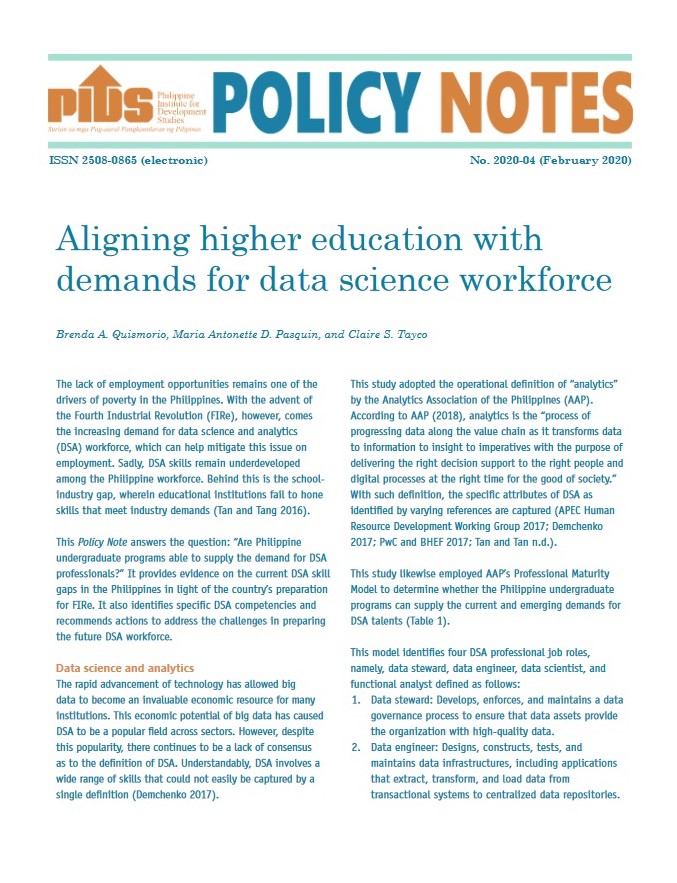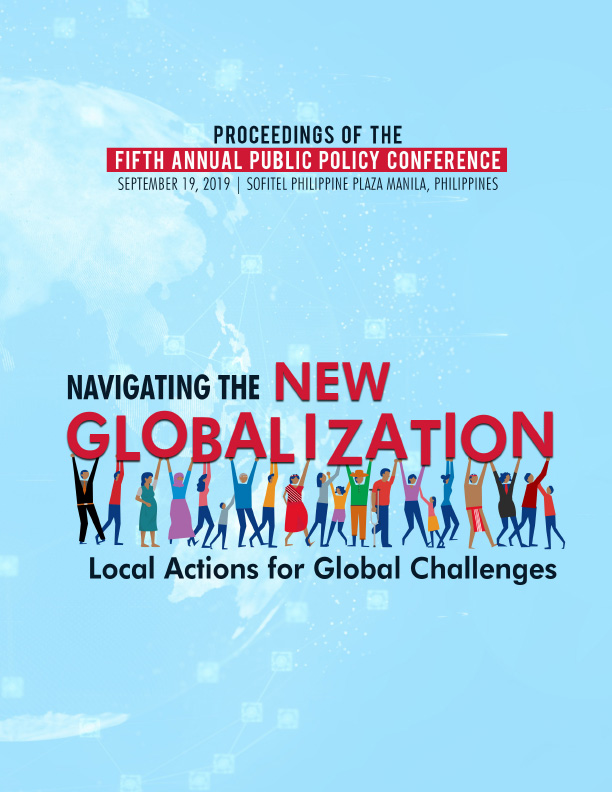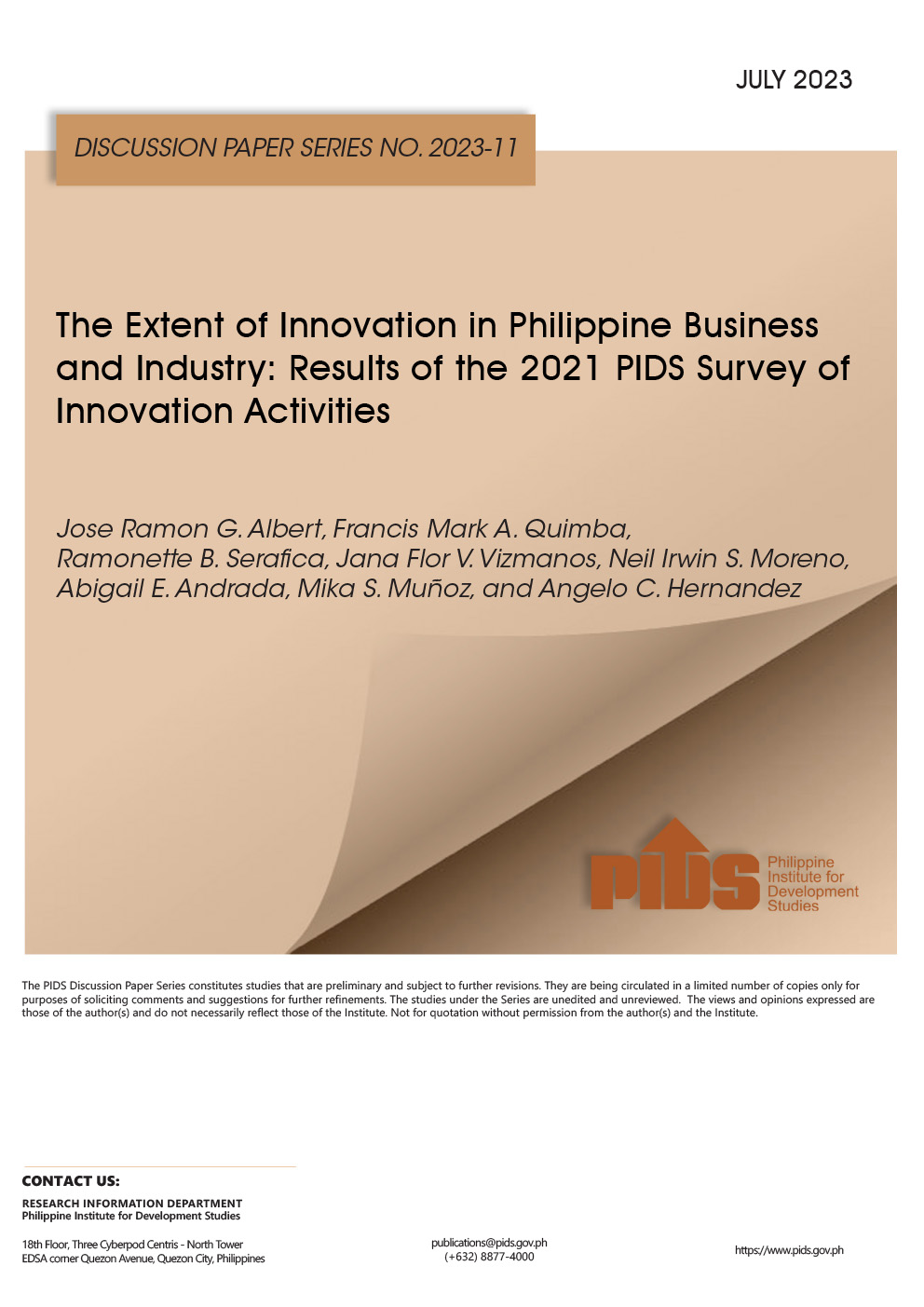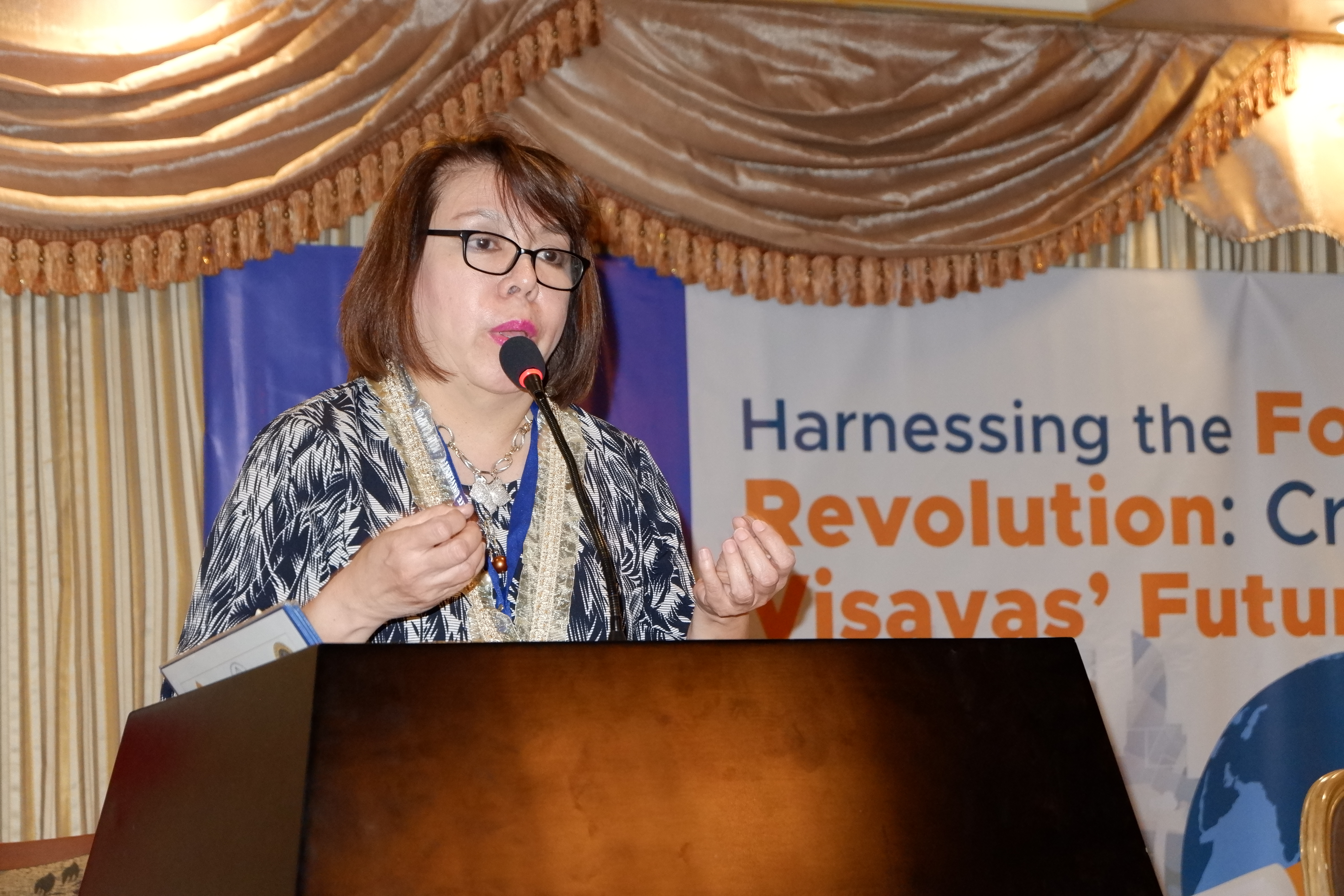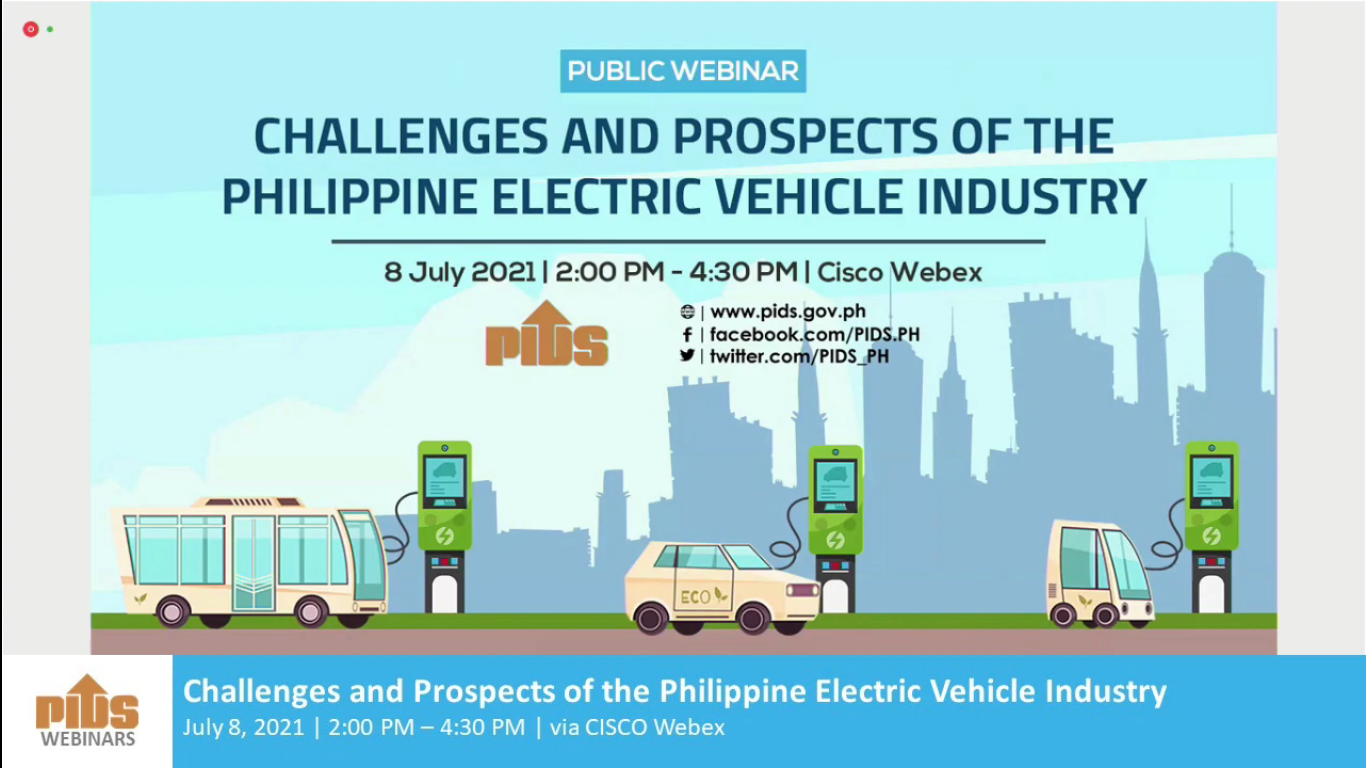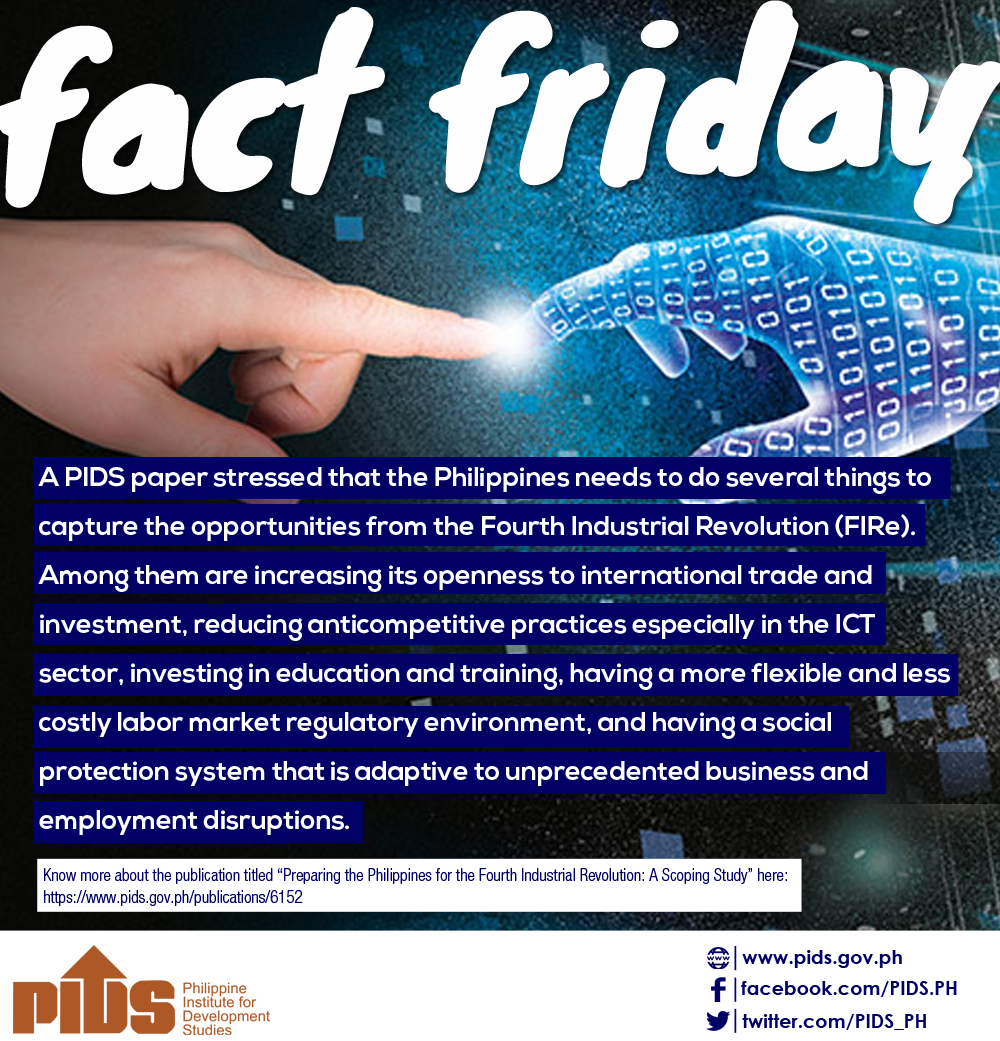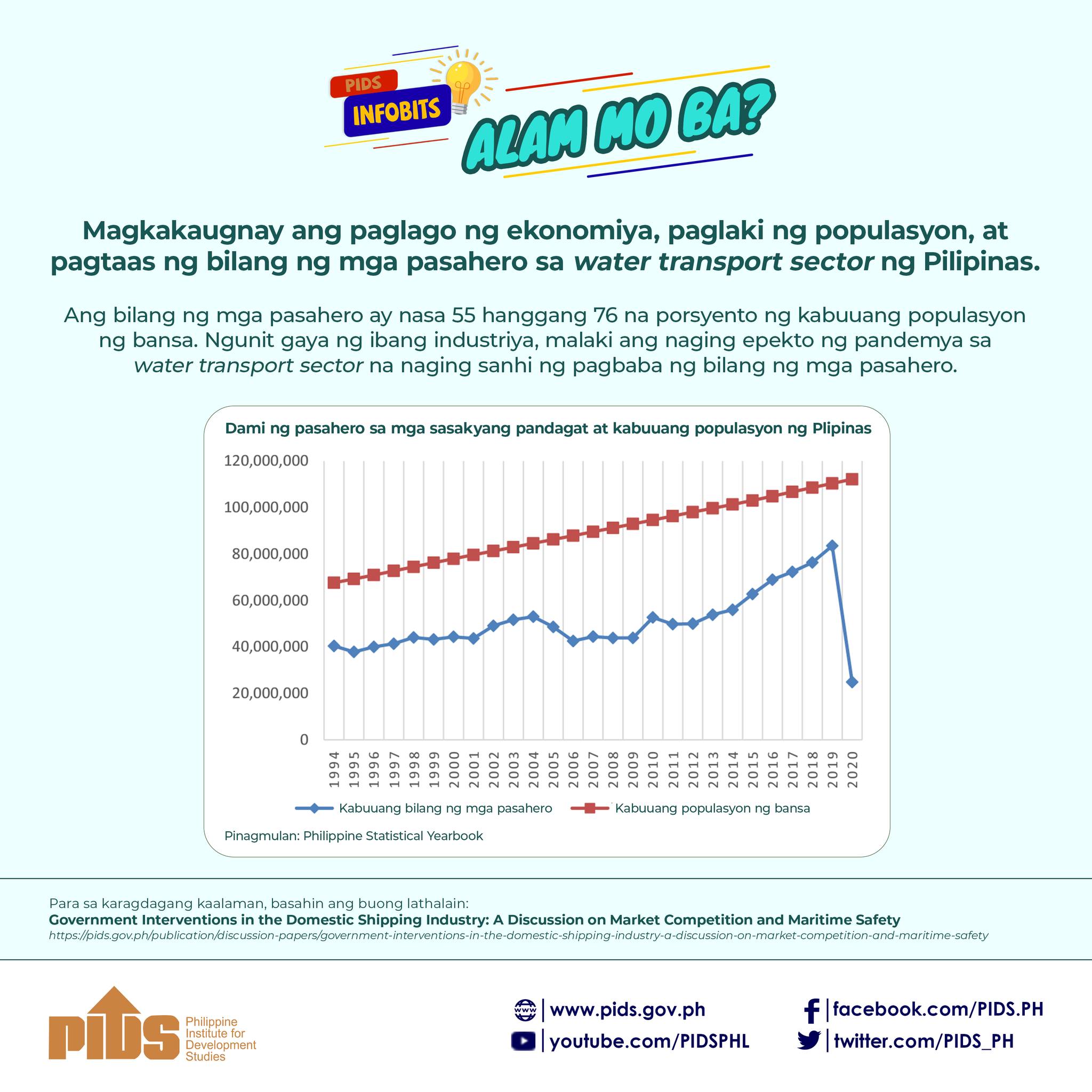
Government regulators in the Philippines should focus on the benefits of the new technologies to the people instead of focusing on rules and processes.
This was according to industry executives who spoke during the public symposium on “Rethinking Regulations in the Era of the Fourth Industrial Revolution” recently organized by the Philippine Institute for Development Studies. The speakers were from the sectors of finance, transportation, and health.
In performing their regulatory functions, Marian Panganiban, regional policy and research manager of ride-hailing service Grab, urged the government regulators to have a “mindset that is open to innovation”.
Last year, Grab, along with another ride-hailing service Uber, made headlines as it faced regulatory issues with the Land Transportation Franchising and Regulatory Board—a move that affected thousands of commuters in the country.
Panganiban said there is a need to understand how businesses operate nowadays to effectively impose regulations. “The rules right now, the existing regulations, may no longer be applicable,” she explained.
Union Bank of the Philippines Chairman Justo Ortiz also emphasized the importance of regulations being adaptive to the current situation as well as to the needs of people. “I think it is important to see beyond the regulators' ego, the regulatees' ego, and focus on the customer,” Ortiz said.
He added that knowing what people want will make it easier for regulators to perform their functions. “The question that needs to be asked is what do the people want? How are they going to be benefitted by it? And then, my job now is ‘Okay they want that, how do I protect them? How do I ensure a level-playing field?’ Not how should I protect the existing regulatees or the franchisees. For whose benefits are you regulating?” Ortiz explained.
‘Soft regulations’
While the intended outcomes maybe the same for both the government and these industries, their proposed processes may differ, entailing the need for what Ortiz labels as soft regulations or the creation of frameworks, issuance of guidelines, and codes of conduct instead of imposing strict regulations.
“We can define the outcomes, but how do you get to those outcomes? Do not prescribe [these] because these are constantly evolving, constantly moving,” Ortiz added.
Meanwhile, Panganiban asserted that there is a need for ‘minimal discretion’ in terms of regulating the industries. According to her, currently existing rules may not always be applicable to all sectors and that “the more rules, the higher the likelihood that those rules will clash.”
Collaborative approach
Despite the apparent clashes between the industry sectors and the government regulators, the former emphasized the importance of collaboration.
mClinica’s head of public sector and policy Phoebe Jane Elizaga lamented the seemingly ‘invisible wall’ that separates the regulators, private sector, and stakeholders, hindering a harmonious relationship among each other. She highlighted the importance of having an open conversation with stakeholders to learn from each other’s perspectives, which ensures that better solutions will be in place.
Ortiz also recommended the use of technological innovations in getting people’s feedback, which can then be used by both the government regulators and the private sector in shaping their regulatory frameworks and products and services, respectively.
Meanwhile, Panganiban called on the government to help facilitate constant coordination among the different sectors and agencies. ###
This was according to industry executives who spoke during the public symposium on “Rethinking Regulations in the Era of the Fourth Industrial Revolution” recently organized by the Philippine Institute for Development Studies. The speakers were from the sectors of finance, transportation, and health.
In performing their regulatory functions, Marian Panganiban, regional policy and research manager of ride-hailing service Grab, urged the government regulators to have a “mindset that is open to innovation”.
Last year, Grab, along with another ride-hailing service Uber, made headlines as it faced regulatory issues with the Land Transportation Franchising and Regulatory Board—a move that affected thousands of commuters in the country.
Panganiban said there is a need to understand how businesses operate nowadays to effectively impose regulations. “The rules right now, the existing regulations, may no longer be applicable,” she explained.
Union Bank of the Philippines Chairman Justo Ortiz also emphasized the importance of regulations being adaptive to the current situation as well as to the needs of people. “I think it is important to see beyond the regulators' ego, the regulatees' ego, and focus on the customer,” Ortiz said.
He added that knowing what people want will make it easier for regulators to perform their functions. “The question that needs to be asked is what do the people want? How are they going to be benefitted by it? And then, my job now is ‘Okay they want that, how do I protect them? How do I ensure a level-playing field?’ Not how should I protect the existing regulatees or the franchisees. For whose benefits are you regulating?” Ortiz explained.
‘Soft regulations’
While the intended outcomes maybe the same for both the government and these industries, their proposed processes may differ, entailing the need for what Ortiz labels as soft regulations or the creation of frameworks, issuance of guidelines, and codes of conduct instead of imposing strict regulations.
“We can define the outcomes, but how do you get to those outcomes? Do not prescribe [these] because these are constantly evolving, constantly moving,” Ortiz added.
Meanwhile, Panganiban asserted that there is a need for ‘minimal discretion’ in terms of regulating the industries. According to her, currently existing rules may not always be applicable to all sectors and that “the more rules, the higher the likelihood that those rules will clash.”
Collaborative approach
Despite the apparent clashes between the industry sectors and the government regulators, the former emphasized the importance of collaboration.
mClinica’s head of public sector and policy Phoebe Jane Elizaga lamented the seemingly ‘invisible wall’ that separates the regulators, private sector, and stakeholders, hindering a harmonious relationship among each other. She highlighted the importance of having an open conversation with stakeholders to learn from each other’s perspectives, which ensures that better solutions will be in place.
Ortiz also recommended the use of technological innovations in getting people’s feedback, which can then be used by both the government regulators and the private sector in shaping their regulatory frameworks and products and services, respectively.
Meanwhile, Panganiban called on the government to help facilitate constant coordination among the different sectors and agencies. ###

